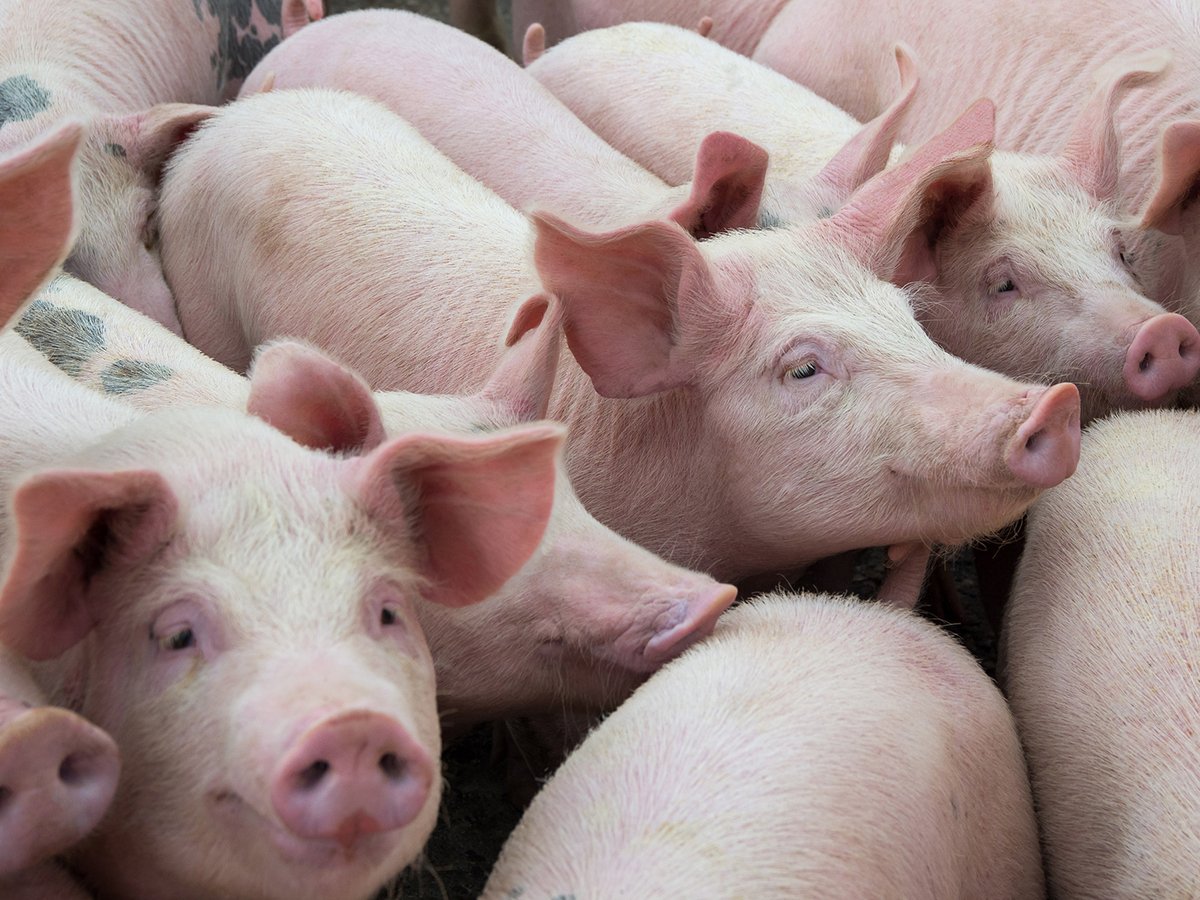A mass e-mail accusing McDonald’s Canadian restaurants of importing beef from South America rather than buying domestically is a hoax, says a Canadian Cattlemen’s Association official.
John Masswohl said an e-mail circulating that McDonald’s will begin sourcing its beef for Canadian restaurants from South America is not true.
“We’ve had so much cheap cow beef in Canada, why import it?” said Masswohl, CCA’s director of government and international relations.
“There hasn’t been a demand for it …. It hasn’t been a factor in five years.”
Read Also

Quebec pork company calls for transparency around gene-edited pigs
Quebec-based pork company duBreton is calling for transparency around meats from gene-edited pigs on concerns that a lack of mandatory labelling will confuse consumers, and dilute certification claims. The organic sector is also calling for labelling rules.
Before BSE was discovered in Canada in 2003, the federal government issued special permits allowing Canadian restaurants and food processors to bring in 60,000 to 65,000 tonnes of beef over the allowed 76,000 tonne limit from non-North American Free Trade Agreement countries.
In 2003, the federal government stopped issuing permits. While the rules have since been relaxed, almost no beef from non-NAFTA countries has been imported to Canada.
Jeff Kroll, senior vice-president of supply chain management with McDonald’s Canada, said the e-mail hoax started circulating in 2002 and is attributed to the Texas Cattle Feeders Association. It resurfaced in 2005, 2007 and 2008.
Kroll said the association told McDonalds’ representatives in the United States it had nothing to do with the e-mail.
The 2009 version now circulating is almost identical but said it originated from the Alberta Cattle Feeders Association.
“The e-mail is a hoax,” Kroll wrote in an e-mail. “We currently source 100 percent of our beef from farms and ranches right across Canada and have no plans today to purchase any beef from South America. In the past we’ve purchased small quantities of beef from New Zealand, Australia and the United States, but have always sourced the vast majority of our beef from Canada.”
Bryan Walton, chief executive officer of the Alberta Cattle Feeders Association, said he first heard about the e-mail from a government official asking if the cattle feeders’ organization was responsible for the e-mail.
“It’s bogus,” said Walton, who also contacted McDonald’s officials.
“Most people don’t check the authenticity of those e-mails they’re getting, they just hit the send button …. I guess there’s people out there that believe the Nigerian letters, too. This is the age we live in.”
Fred Weber, commissioner for the Workers Compensation Board, received the McDonald’s e-mail and sent it to people on his e-mail list without checking its authenticity.
“If they look reasonably legitimate I might send them to somebody that would have interest in it,” Weber said. “I get so much stuff that you don’t have time to check it all. There’s always a problem with that sort of stuff and it takes quite a while to check it out.”
After hearing the e-mail was a hoax, Weber said in the future he may hit the delete button rather than the forward button.
















